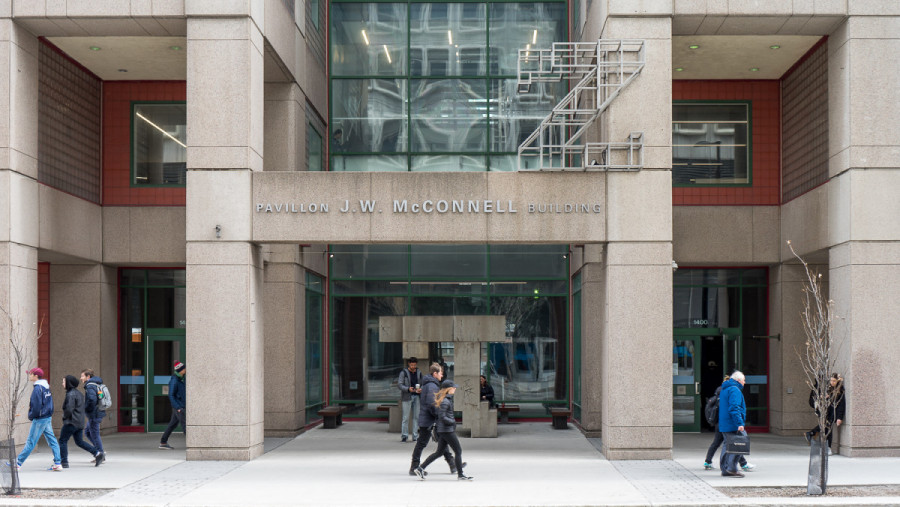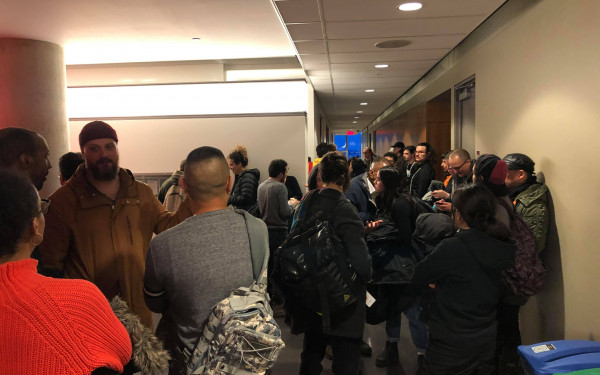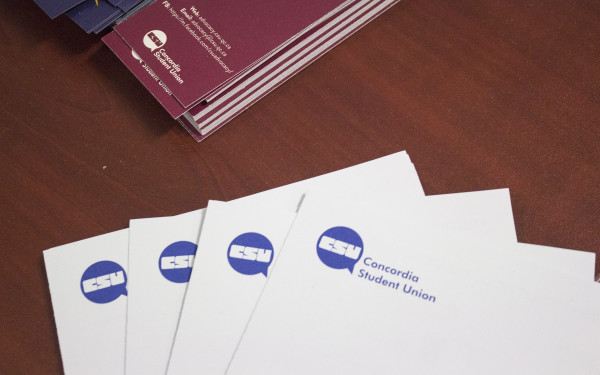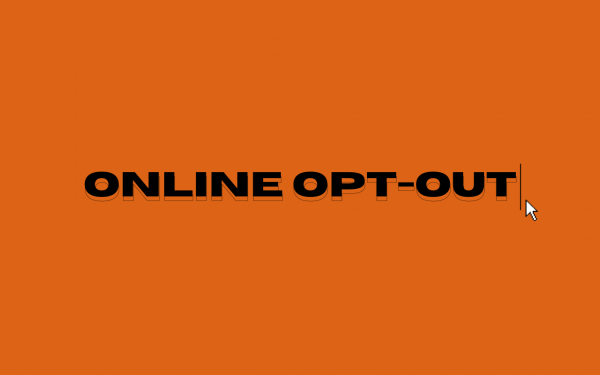Emails Reveal Online Opt-Out Steps Took Place Without Fee-Levy Consultations, Committee
Referendum Question Stated Opt-Out Was to Be Planned ‘in Consultation With All Fee-Levy Groups’
Disclosure: The Link is a fee-levy group.
The Concordia Student Union general coordinator Christopher Kalafatidis worked with the Concordia administration on the online opt-out system before consulting with fee-levy groups, according to newly surfaced emails between Kalafatidis and Concordia administrators, including dean of students Andrew Woodall.
The emails indicate that discussions between CSU executives and the administration have been ongoing since November 2019, long before any consultation, despite the referendum question that precipitated it that same month stating that “the system will be created in consultation with all fee-levy organizations.”
Fee levies are charged to students on a per-credit basis and are passed on to a range of student organizations. Students can opt out of these fees but historically must visit each group individually, which is seen to promote awareness and informed decisions.
Kalafatidis responded to the release of the communications in an email to fee-levy groups Monday night. In it, he acknowledged preliminary discussions with the administration in January but said he’d made it clear that official CSU recommendations would come later. “I set out on this consultation process because I realize the value of your input,” he wrote. “Together, we have created a great system. I will be fighting for that system not because I have to, but because I believe in it.”
The documents, however, demonstrate that meetings occurred in November, contradicting the timeline he provided.
“Sixty-one per cent voted yes to online opt-out,” said Kalafatidis when this discrepancy was brought to his attention by The Link. “It would be irresponsible to not meet with the Concordia University administration to make sure the administration did not go on ahead and create a system without CSU and fee-levy group input.”
He said he merely laid out non-negotiable aspects based on the referendum question.
“I was firm that these were only ‘immediate asks’ and not the final recommendation, which would come after consulting the fee-levy groups,” he said.
According to a Dec. 3 email from Woodall to other administrators, immediate asks included implementation for Sept. 2020; individual checkboxes with a description or video for each group that must first be viewed; university management of the process; limited opportunities to opt out, such as once per year; and lists of students to inform groups who has opted out.
Prior not only to consultations but also to the creation of a council committee, an email sent from Kalafatidis to vice-president of services Roger Côté and other administrators on Dec. 20, 2019, show a detailed request for the adoption of an online opt-out system affecting a list of 22 fee-levy organizations, similar to the “immediate asks” referenced on Dec. 3.
“A mandate from the students overrides a mandate from the council,” said Kalafatidis in comments to The Link. “As soon as the referendum question passed, the executive was mandated to speak to the administration to make sure an online opt-out system was implemented according to the processes stipulated in the referendum question.”
Fees to the student union and other accredited associations are not subject to opt outs.
In response to Woodall’s Dec. 3 email, Concordia’s associate vice-president of finance and controller Gracy Pardillo said the CSU executives were going to send a letter to chief information officer Alex Aragona based on a discussion in a prior meeting, according to her recollection.
Pardillo goes on to say that “while Alex assesses the request, CSU would be meeting with student groups and they would get back to the administrators in January with precise details about their opt-out discussion with all groups involved.”
In an email dated Dec. 20, 2019, Andrew Woodall wrote to Kalafatidis, saying that he’s received two enquiries from “nervous fee-levy groups.”
“Clearly the way that you conduct the consultation will be important and, without stepping into territory that isn’t my business, I urge you to spend some good effort on this,” Woodall advised.
Woodall wrote that he indicated to the fee-levy groups that had reached out to him that the university “did not want to get into all sorts of bilateral discussions and that we would work with [Kalafatidis] as [he has] the mandate.”
Woodall wrote that he indicated to the fee-levy groups that had reached out to him that the university “did not want to get into all sorts of bilateral discussions and that we would work with [Kalafatidis] as [he has] the mandate.”
Some groups believe consultations, which have primarily taken the form of a survey, have been insufficient. CJLO 1690 AM has gone as far as to send a letter from its legal representative threatening to seek an injunction, in part due to what it perceives as inadequate consultation.
Most fee-levy groups have only been consulted in the form of a Google Doc that was sent out in April, even though the system is slated to come into effect this fall. Responses have been compiled into a consultation report.
A motion creating the Ad Hoc Fee-Levy Committee in January resolved that “the committee will interview all fee-levy groups concerning the implementation of online opt-out.”
Kalafatidis said that the decision to use a Google Doc was made because it was better and more transparent.
“We gave all groups two chances to reply to our emails plus many more chances to set up a call with us,” said Kalafatidis. “Those that reached out were taken into consideration and added into the final report. This is fair.”
In response to a request for comment, a Concordia spokesperson wrote, “Fee levy amounts are decided by CSU-held referenda and the online opt-out was the result of a student-held referendum. The CSU is an independent student group.”
Discussions between the CSU executive and the administration continue.







